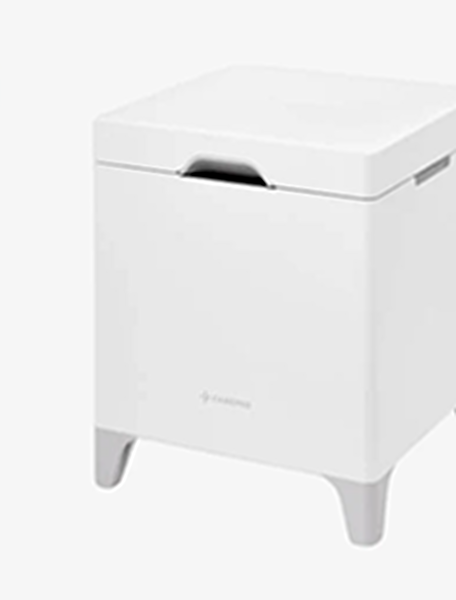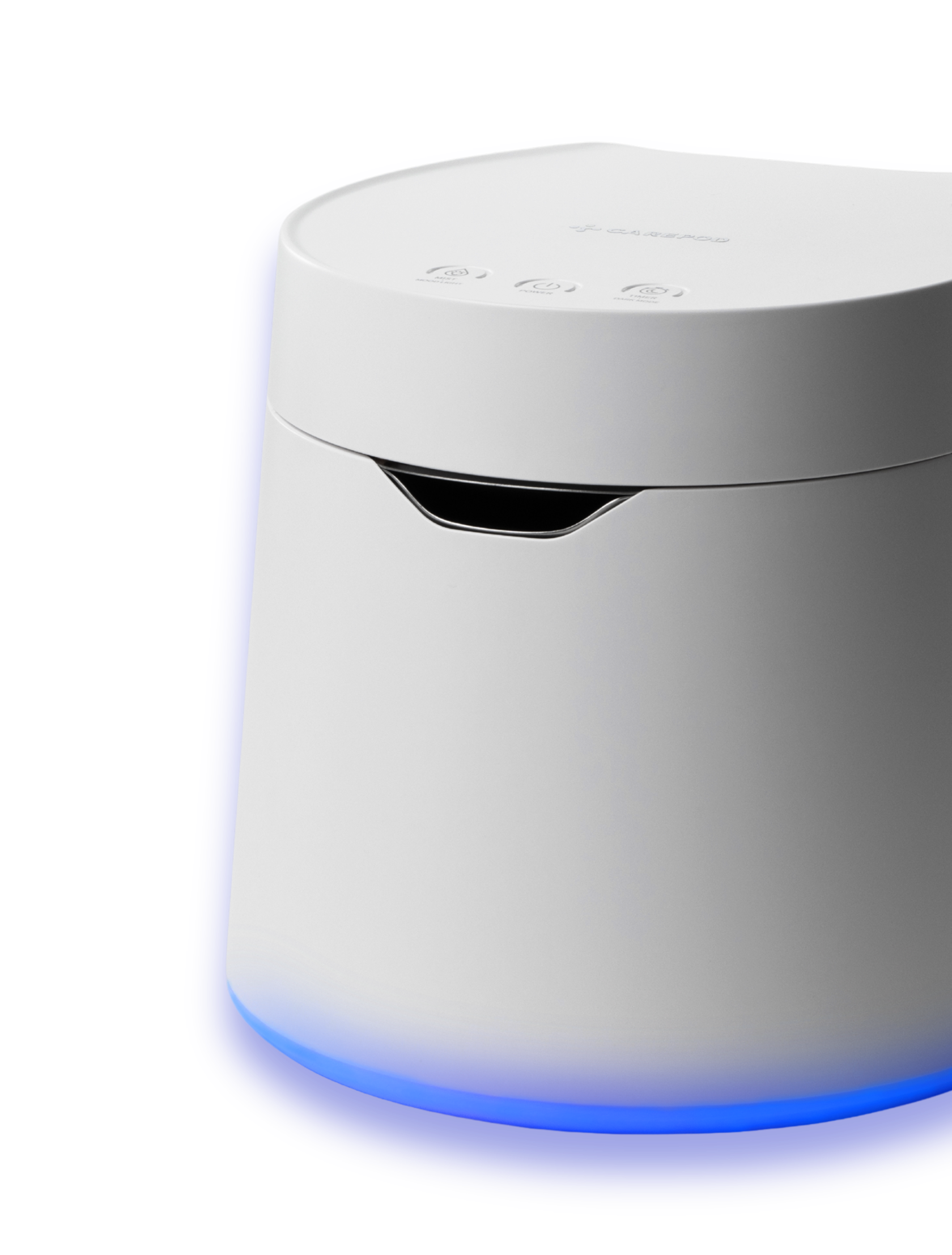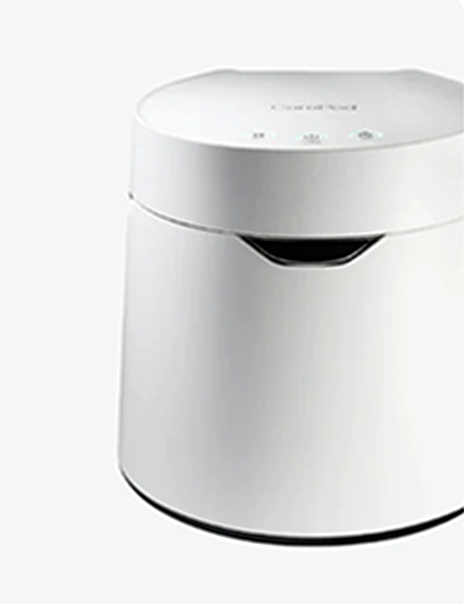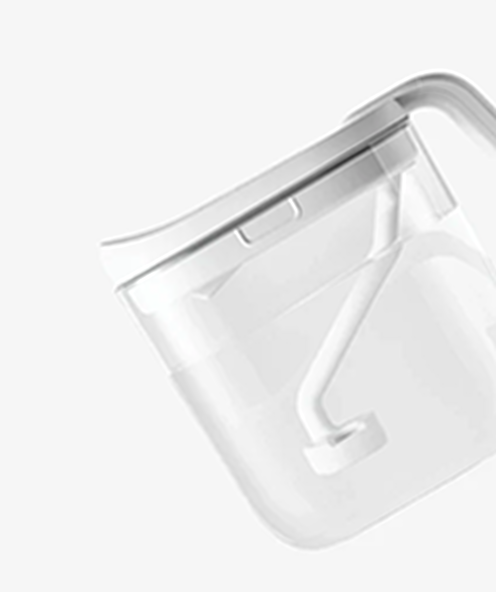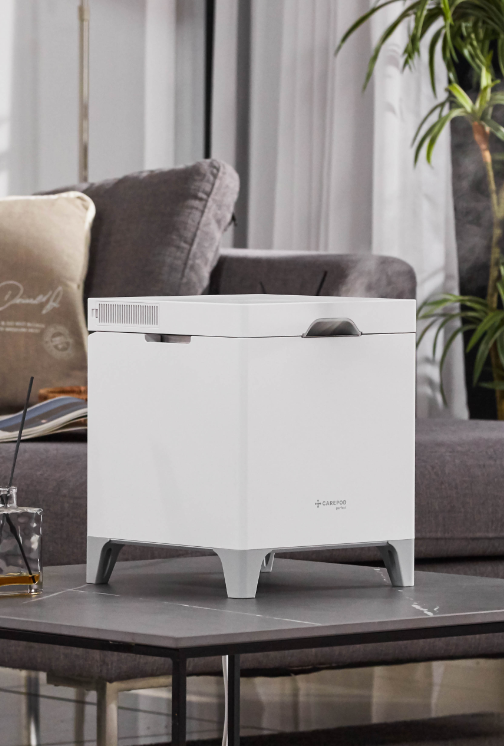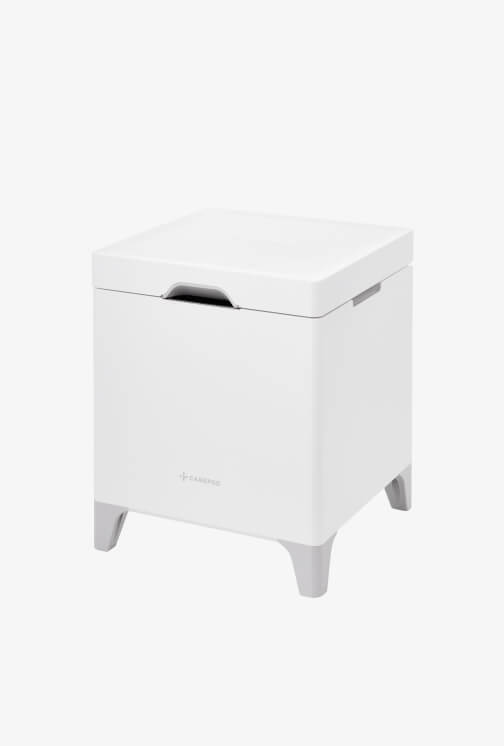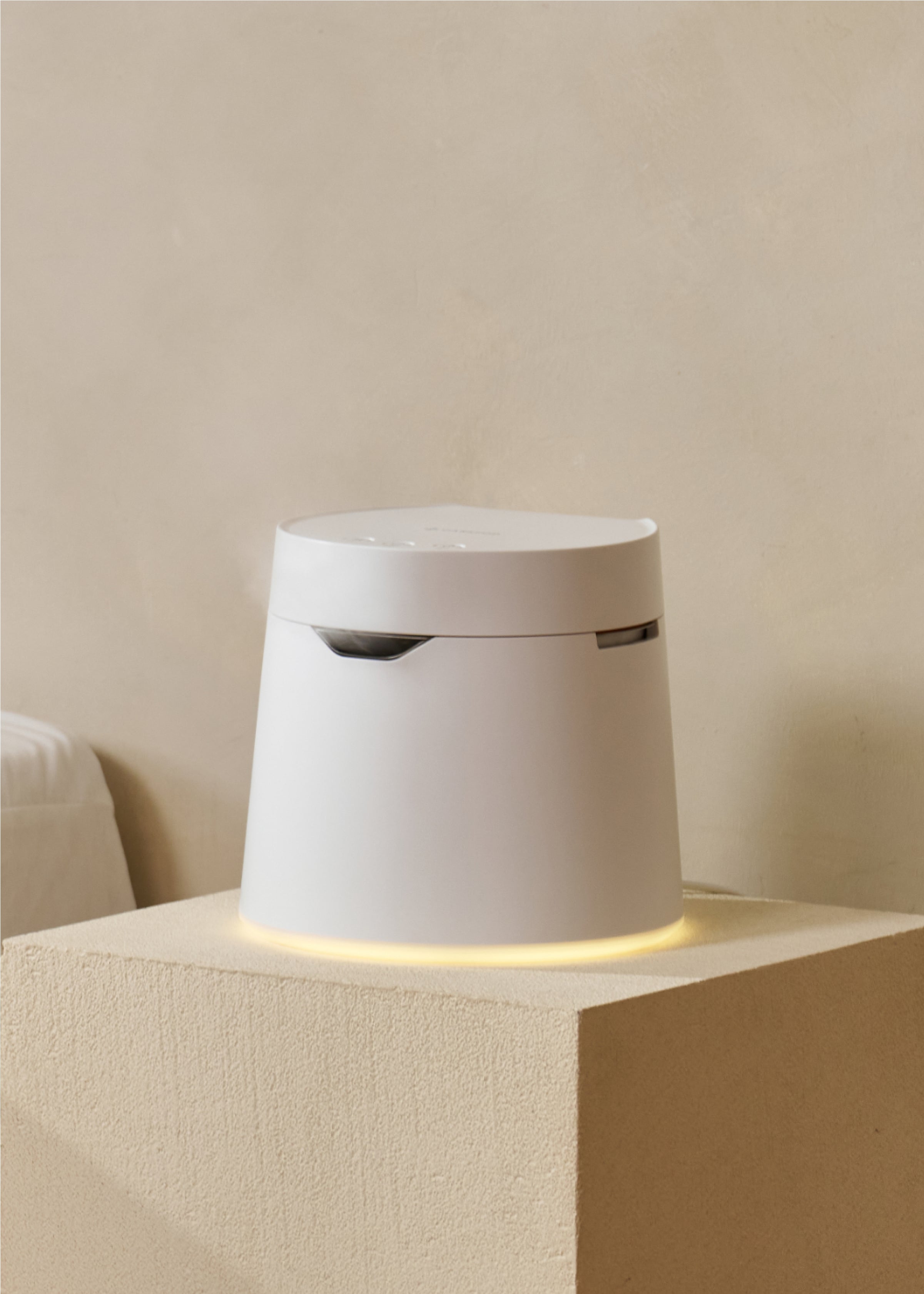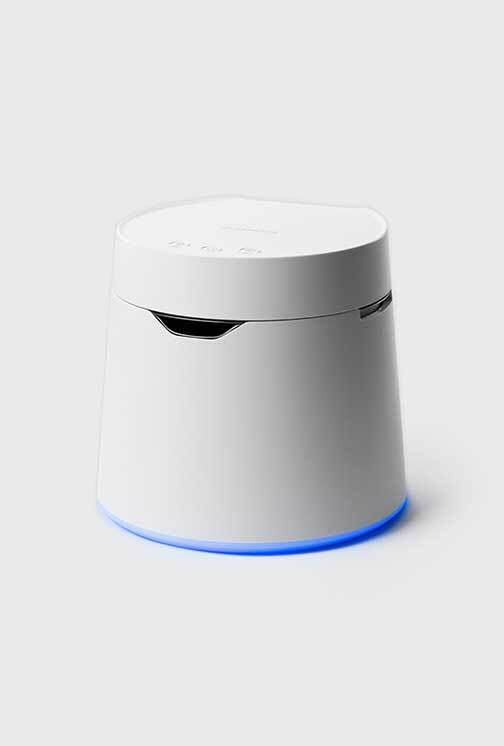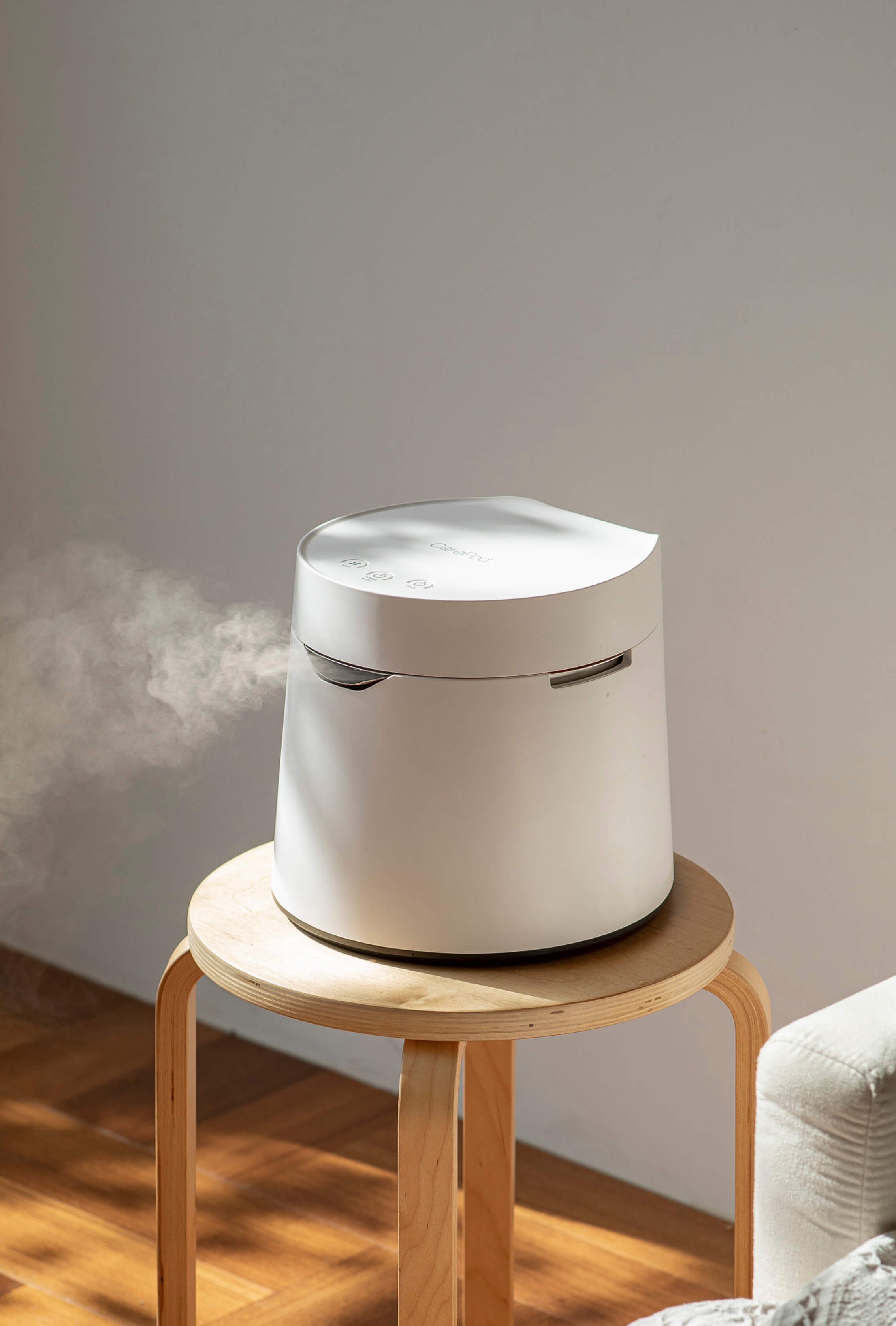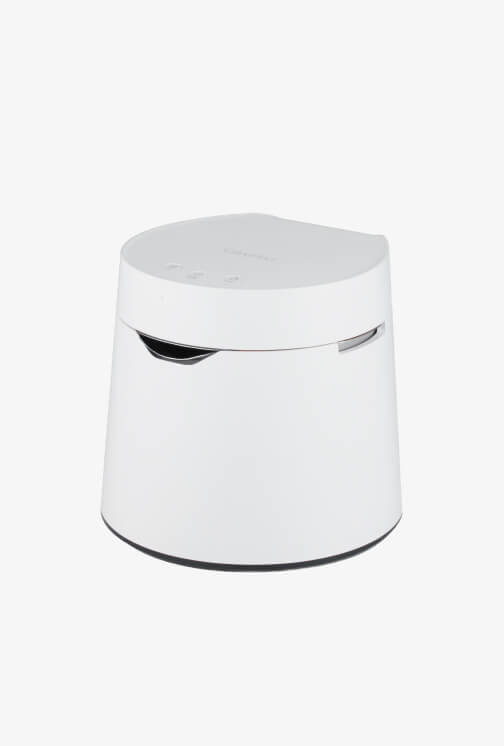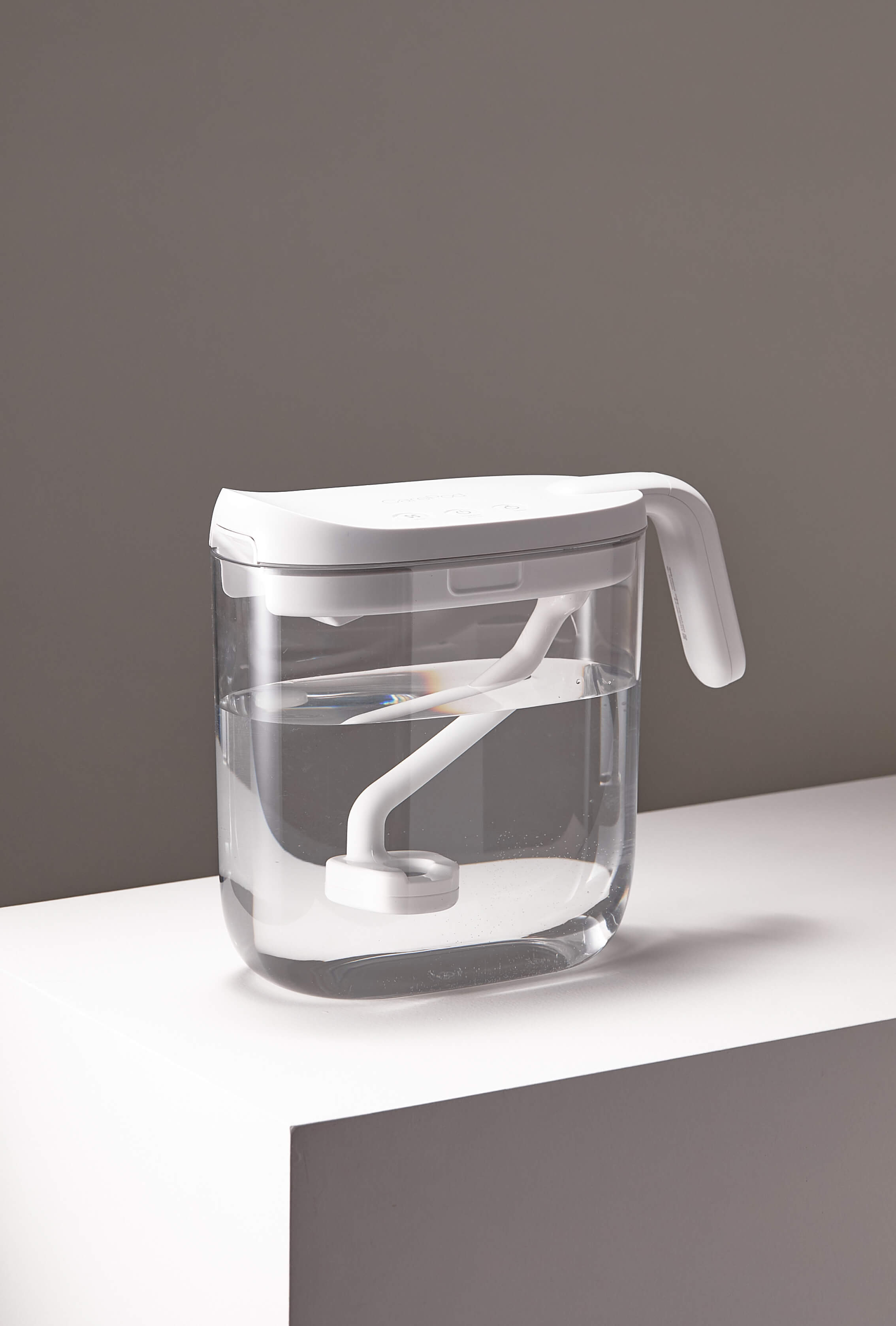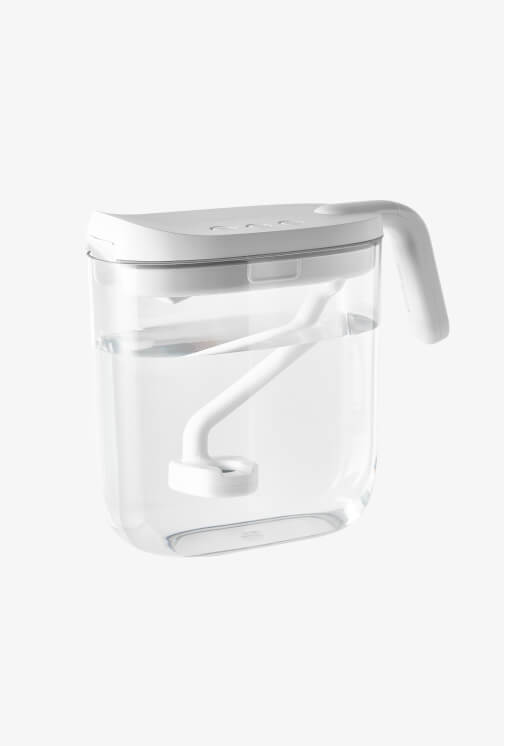4 Reasons Why Humidifiers are Great for Babies (and Kids)

When setting up a nursery or home for young children, it's important to ensure a safe and healthy environment for them to grow up in. After all, babies and kids have sensitive respiratory and immune systems and can be especially susceptible to allergy and cold symptoms.
Instead of frequent trips to the doctor and various over-the-counter medications, an air humidifier might be able to help. In fact, dry air is oftentimes the cause for many health issues among children.
In this article, we'll detail 4 reasons why humidifiers are so great for babies and kids.
1. Humidifiers help relieve allergy and cold symptoms.
Many children suffer from seasonal allergies and go through several bouts of the common cold each year. Some may even deal with asthma and other breathing conditions.
A low humidity level will only exacerbate these symptoms. Dry air causes discomfort by drying out many parts of the body, including your eyes, lips, skin, and throat. Additional issues may include stuffy nose, sneezing, and other forms of facial irritation.
Humidifiers work by releasing steam or vapor to increase the level of moisture in the surroundings. This helps to clear up airways and relieve nasal congestion in children by allowing them to more easily blow out irritants from their nose. The added moisture will also help to soothe dryness, itchiness, or inflammation of the eyes, throat and skin.
Studies also show that humidifiers can even help decrease the number of allergens present in the surrounding air. With enough moisture, some particles in the air become trapped in condensed water vapor. The resulting water droplet settles out of the air if heavy enough, removing the particle from the air.
Therefore, a humidifier just might be able to save your child (and yourself) from troubling allergy and common cold symptoms.

2. Humidifiers help prevent illnesses and infections
It's well known that babies have sensitive respiratory and immune systems. And since they spend most of their time crawling around on the floor, it's no surprise that illnesses and infections are common.
Recent studies have found that dry air actually increases the risk of infection for diseases such as COVID-19. When the humididty level in a room is too low, dry air tends to extract moisture from the mucous membranes located on places like your eyes and the insides of your nose and mouth. These mucous membranes serve as the body's natural defense against airborne pathogens, so when they are rendered dry and ineffective, the likelihood of infection goes up.
Therefore, maintaining a sufficient moisture level in your surroundings is critical for your child's health. When indoor humidity is at the ideal level, just around 50%, the air will not need to draw moisture from the mucous membranes and leave them dangerously compromised.

3. Humidifiers help moisturize dry skin
Newborns typically have tender, fragile skin that is sensitive to their environment. After spending nine months in the amniotic fluid of the mother's womb, they are especially vulnerable to the outside environment at first and can easily develop dry, flaky skin if their surrounding air lacks moisture.
Babies and young children may also deal with frequent rashes, patches, and dryness, and some even suffer from irritating skin conditions such as eczema, psoriasis, and cradle cap.
Humidifiers are perfect for treating dry skin. By circulating moisture in the surroundings, they can help prevent your baby or child's skin from drying out and alleviate other kinds of dermal discomfort.

4. Humidifiers help your baby sleep
Does your baby have trouble sleeping and sometimes wake you up in the middle of the night?
They might be dealing with irritated nasal passages, which makes it difficult for anyone to sleep and can even cause snoring. In fact, newborns primarily breathe through their noses, and when lying down, congestion becomes even more troublesome.
As discussed previously, moisture is an effective nasal decongestant. An air humidifier can greatly help soothe stuffiness and allow your baby to breathe and sleep much more comfortably through the night.
Another benefit might even be the low hum of the device, which can help lull the baby into a nice and soothing sleep. This white noise might be especially comforting on rainy, stormy nights or in areas with lots of traffic and commontion. Additionally, the display light on the humidifier could an even serve as a night-light for your child.

Safety First
When it comes to babies and children, safety is always the first priority.
If you're thinking about installing an air humidifier, there are several precautions and potential risks to keep in mind.
The best type of humidifier for your baby is an ultrasonic or evaporative humidifier that emits cool mist, since they pose no burn risk. A hot steam vaporizer, on the other hand, uses hot water, which can be a safety risk around young children.
When running the device, be sure not to let the humidity level run too high. Excessive accumulation of moisture may promote the growth of mold and bacteria in the surroundings and cause harmful respiratory symptoms, especially in babies and young children. The EPA recommends keeping the indoor humidity level below 60%, and ideally between 30% and 50%, to avoid mold growth.

Also, be sure to use bottled water or distilled water. Tap water contains dissolved mineral content, which may form deposits over time and make the inside of the machine dirty and clogged, reducing its lifespan and utility.
Finally, a humidifier requires regular cleaning. If not properly sanitized, the inside can essentially turn into an incubator for bacteria growth... and these germs may be dispersed in the air for your baby to breathe. So make sure to replace the water every day and thoroughly disinfect the device at least once a week. White vinegar is often recommended as a natural, effective cleanser. (Read More)
Worth the Investment?
A common concern with humidifiers is the cost. The price range for a quality portable humidifier can be as high as hundreds of dollars, while a whole-home humidifier is typically much more expensive. However, many options do exist at an affordable price.
With all the different models and types of humidifiers on the market, making a choice can be somewhat overwhelming. Nowadays, there are even germ-free and filterless humidifiers that make use of new advanced technologies.
Of course, it all depends on your personal preferences and budget. As mentioned before, however, we do recommend any type of cool mist humidifier as the safest option for babies and young children.
And do remember that health is always priceless.

Final Thoughts
Whether it's dry skin, sore throat, or a stuffy nose, the worst feeling for any parent is seeing your child sick, uncomfortable, and unable to sleep. Fortunately, this doesn't have to happen.
A quality humidifier just might be able help your little one by relieving their allergy and cold symptoms, preventing illnesses and infections, soothing their sensitive skin, and allowing them to sleep more soundly.
Of course, humidifiers, like all household appliances, are not without potential risks and costs. But as long as you keep your humidifier clean and functional, you're looking at a worthwhile investment for the health and well-being of your baby as well as the whole family.
Who knew that a little moisture could go such a long way?
